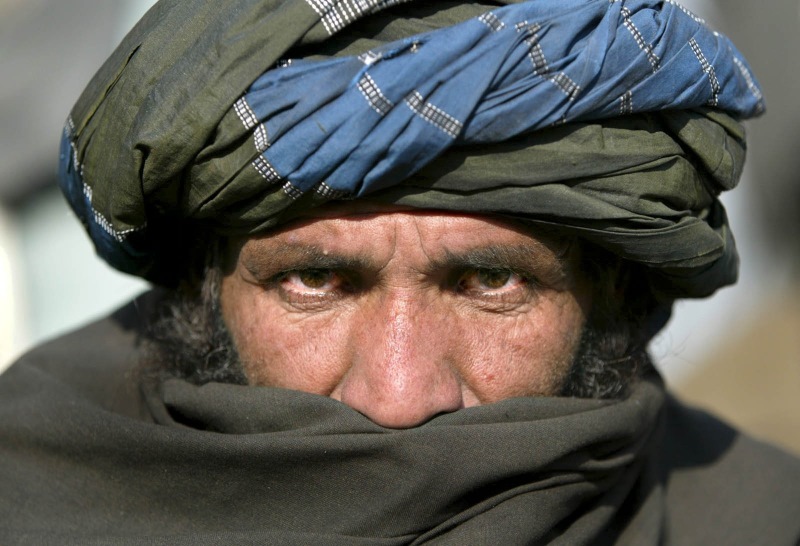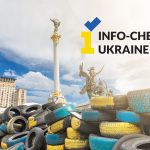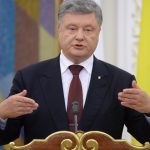RUSSIA MONITOR
Date: 24 March 2017
Russia Supports the Taliban
There are more and more signals of increased cooperation between Russia and the Taliban insurgents fighting the Afghan government chosen in a democratic election and supported by the West. This time the fact has been commented on by NATO Supreme Allied Commander Europe. On 23 March, General Curtis Scaparrotti in a hearing before the Senate Armed Services Committee said that there was evidence of growing Russian influence on Afghan Taliban insurgents. Moscow “perhaps even provides supplies for the Taliban”. The former commander of international allied forces in Afghanistan did not elaborate on what kind of supplies may be headed to the Taliban by Russia.

Last month, another US General, John Nicholson, current commander of international military force in Afghanistan, testified in the Senate that Russia provided supplies as well as diplomatic support to the Taliban. Moscow consequently denies any such accusations. Taliban representatives had already told Reuters that the group has had contacts with Moscow since at least 2007, but Russian involvement did not extend beyond “moral and political support”. However, evidence of military cooperation can be seen in the very Afghanistan itself. The fighting going on in some southern and northern provinces proves that the Taliban receive support not only from Pakistan but also from Russian and Iran. In the Kunduz province weapons made in Russia have been found. Besides, there have been accusations from Kabul that Russian engineers repair Taliban heavy weapons in Tajikistan. Afghan Senate has promised to examine military contacts of the Taliban with Iran and Russia.
At the end of December 2016, special presidential envoy of Putin to Afghanistan, Zamir Kabulov, admitted that Moscow is in contact with the Taliban leaders. “In Afghanistan, the Taliban are fighting against people that we fight in Syria, and thus our interests are aligned,” Kabulov said. Following the success in Syria, Putin wants to strike the United States at yet another front. Russia and the West have no common goals in Afghanistan. On the contrary, for the Russian siloviki Afghanistan is yet another front of global competition with the US. Going back to Afghanistan, Russia wants to strengthen its influence in Central Asia and take part in international arrangements concerning Afghanistan.Last month, another US General, John Nicholson, current commander of international military force in Afghanistan, testified in the Senate that Russia provided supplies as well as diplomatic support to the Taliban. Moscow consequently denies any such accusations. Taliban representatives had already told Reuters that the group has had contacts with Moscow since at least 2007, but Russian involvement did not extend beyond “moral and political support”. However, evidence of military cooperation can be seen in the very Afghanistan itself. The fighting going on in some southern and northern provinces proves that the Taliban receive support not only from Pakistan but also from Russian and Iran. In the Kunduz province weapons made in Russia have been found. Besides, there have been accusations from Kabul that Russian engineers repair Taliban heavy weapons in Tajikistan. Afghan Senate has promised to examine military contacts of the Taliban with Iran and Russia.
At the end of December 2016, special presidential envoy of Putin to Afghanistan, Zamir Kabulov, admitted that Moscow is in contact with the Taliban leaders. “In Afghanistan, the Taliban are fighting against people that we fight in Syria, and thus our interests are aligned,” Kabulov said. Following the success in Syria, Putin wants to strike the United States at yet another front. Russia and the West have no common goals in Afghanistan. On the contrary, for the Russian siloviki Afghanistan is yet another front of global competition with the US. Going back to Afghanistan, Russia wants to strengthen its influence in Central Asia and take part in international arrangements concerning Afghanistan.
All texts (except images) published by the Warsaw Institute Foundation may be disseminated on condition that their origin is stated.










